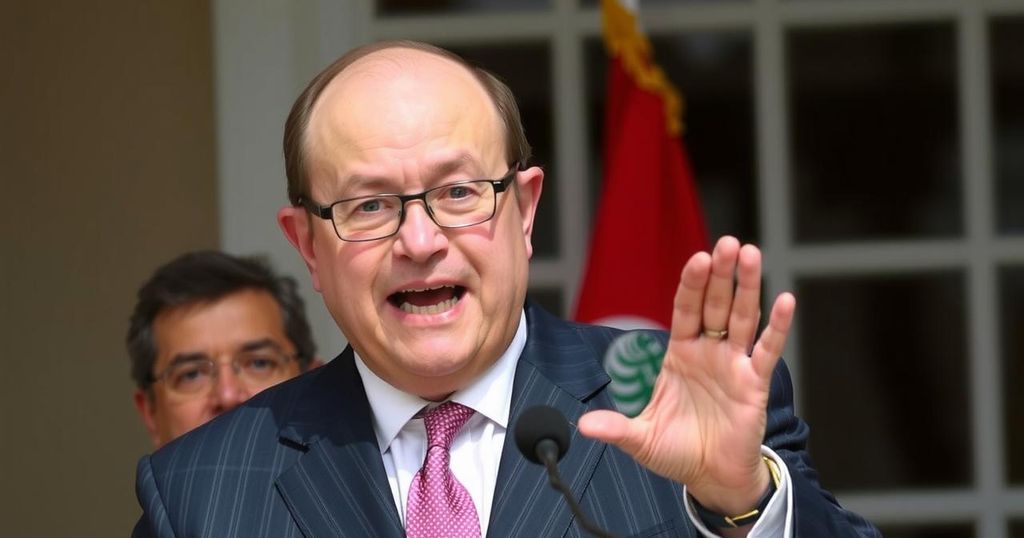Lebanon has elected Joseph Aoun as president, marking the first such election in over two years. Aoun, backed by the U.S., received significant legislative support, ending a lengthy power vacuum. His presidency signals a potential decline in Iranian influence in Lebanese politics and a new direction for governance.
Lebanon has elected Joseph Aoun, the current army commander, as its new president, marking the first election of its kind in over two years. Aoun, who is recognized as a candidate endorsed by the United States, received support from more than two-thirds of the legislators, a significant majority that had proven elusive in previous attempts. His election not only brings an end to a prolonged political stalemate but also signals a possible decline in Iranian influence within Lebanon and the broader region. Aoun’s presidency is expected to commence a new chapter in Lebanese governance, one aiming at stability and alignment with Western interests.
The election of a new president in Lebanon is critically important given the country’s recent history of political turmoil and the extended power vacuum that has plagued its governance. Joseph Aoun’s election reflects a strategic pivot away from Iranian influence, which has been pervasive in Lebanese politics. The U.S. endorsement of Aoun is indicative of a broader geopolitical shift as Lebanon navigates its alliances and seeks stability after years of internal and external pressures.
In conclusion, the election of Joseph Aoun as Lebanon’s president represents a pivotal moment for the country, potentially marking a shift back towards U.S. influence and away from Iranian power. With a clear majority from the political factions, his presidency offers hope for renewed governance and direction following a prolonged period of uncertainty. The implications of this shift are yet to be fully realized, but it stands to reshape Lebanon’s political landscape significantly.
Original Source: www.poncacitynews.com






